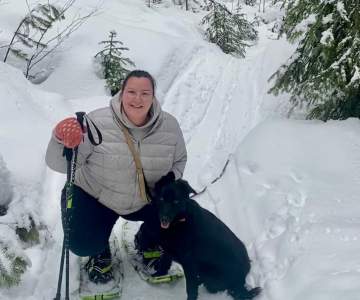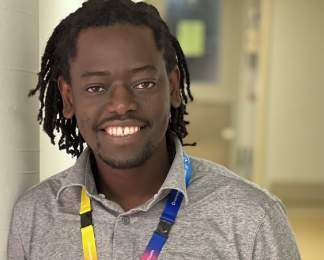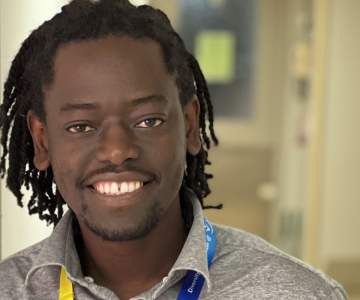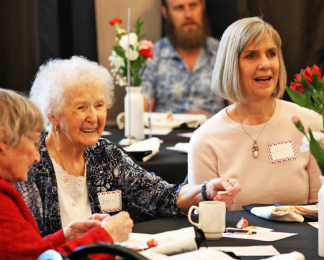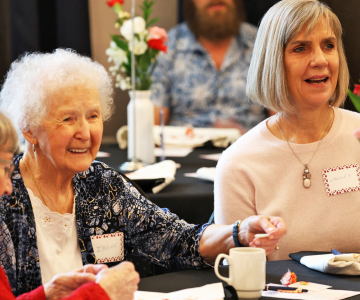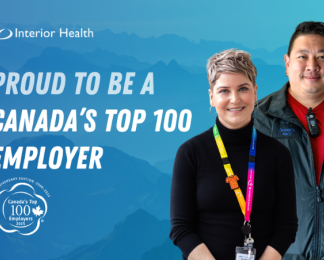Gina* is a tall, pretty young woman. Her hands, like much of her arms, are covered in ink. Her long hair is a shock of dreadlocks and her voice is not much louder than a whisper. But she is articulate and self-possessed and when she speaks, you lean in and listen.
Today she is speaking about her health troubles, her drug addiction, and how the injectable opioid agonist treatment clinic, or iOAT, has helped.
“The first month was really tough,” she says. There is a hint of pride in her voice. She has been attending the clinic regularly since it opened in April 2019.
“I’ve had people stop me and ask me what I’m doing differently, because I’m looking good. People at the shelter where I’m living think I work there. They think I’m a staff person,” she says.
She goes on to describe her volunteer work in the community. It’s clear that she enjoys helping others.
“Our injectable patients are really making dramatic recoveries, even though it’s early days,” says Dr. Megan Hill who runs the iOAT clinic. “We have had remarkable retention in the program since it started.”
The retention of clients is impressive because iOAT is a major commitment for people who typically have little stability in their lives. Clients need to attend three appointments each and every day to receive their medication. It is an obligation that they find worthwhile in order to receive medicine via injection in a safe, sanitary environment. The program can mean an end to the panic and chaos of street drug dependence.
“You get tired of the constant hustling and theft. The lies. That’s not who you are,” explains John*. “I don’t do that anymore. Best decision of my life.”
John has also been attending the iOAT clinic since it opened. He admits he is addicted to needles – not uncommon with severe opioid addiction – but he is also deeply concerned about the street drug supply, what is in the drugs, and how it’s impacting his health.
The iOAT clinic, he says, is a “10 out of 10” compared to other treatments he has tried.
“I’ve been to detox …” he pauses as if to count. “More times than I could even say,” he concludes.
Dr. Hill recalls one patient who told her ‘you guys care so much about my health that I decided I should too, and now I'm getting better.’ Another patient said, ‘I didn't think things could be good, but now they're starting to be good and I can address more problems than just my addiction.’
“Both have horrifying medical issues that have been completely unaddressed until now and it's hard to believe they've been living with them for so long,” says Dr. Hill.
The medication injected is called Hydromorphone. It is an opioid commonly used to treat moderate to severe acute pain. It helps with cravings for illicit opioids and prevents overdoses, as well as preventing debilitating opioid withdrawal, which is usually the reason people continue to use fentanyl or heroin.
The clinic also provides a regular connection with a health-care team, including physicians, nurses, pharmacists, and social program officers, which can help with overall stabilization.
For now John continues to take it a day at a time, spreading the word about the clinic and putting on weight.
“Because I’m living the good life,” he says, patting his stomach with a smile.
*Patient names changed to protect privacy
STAY CONNECTED

Top





